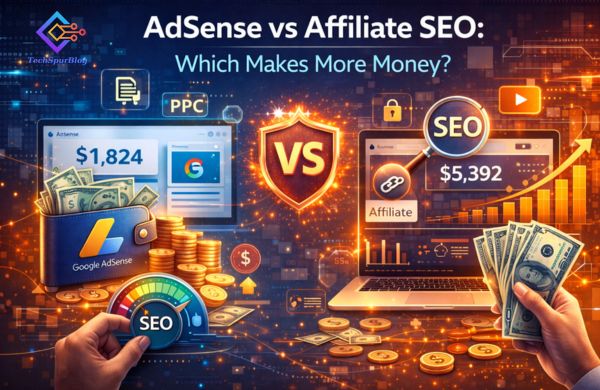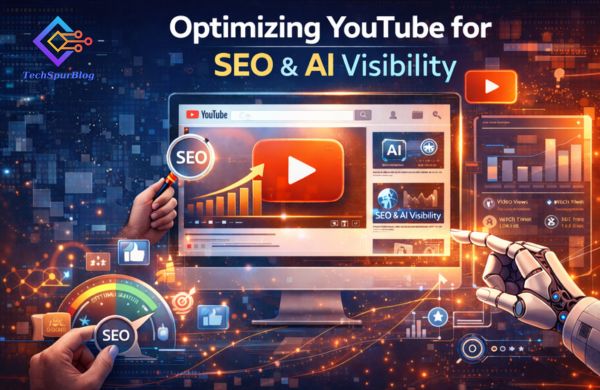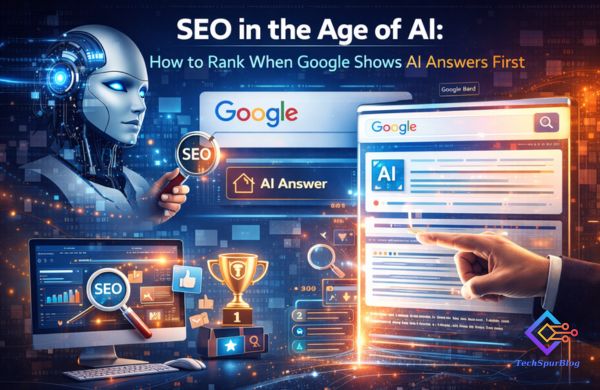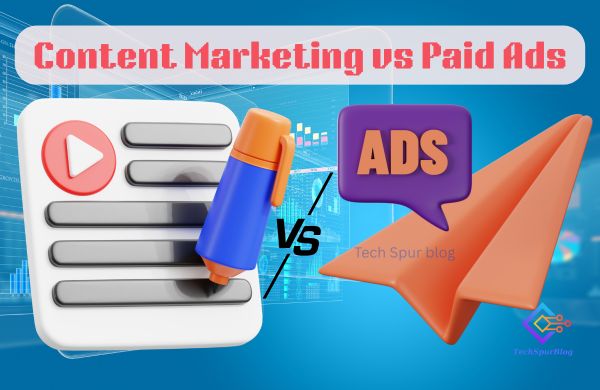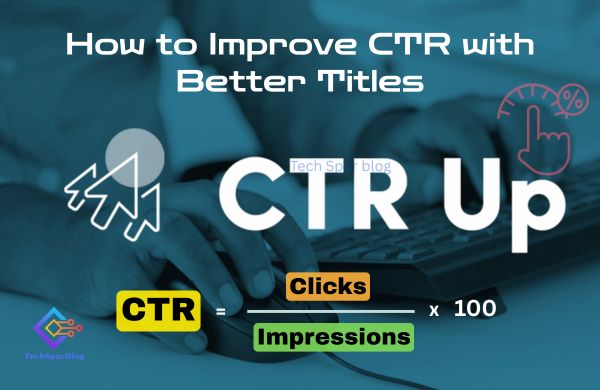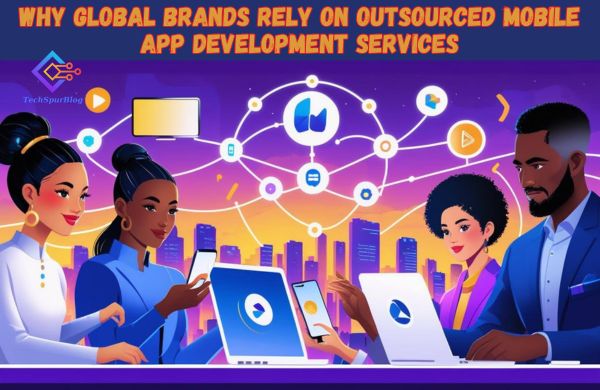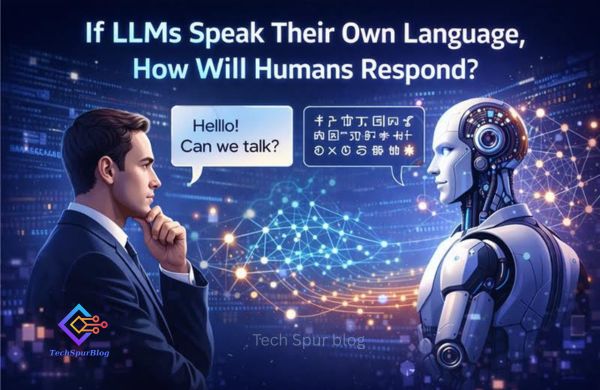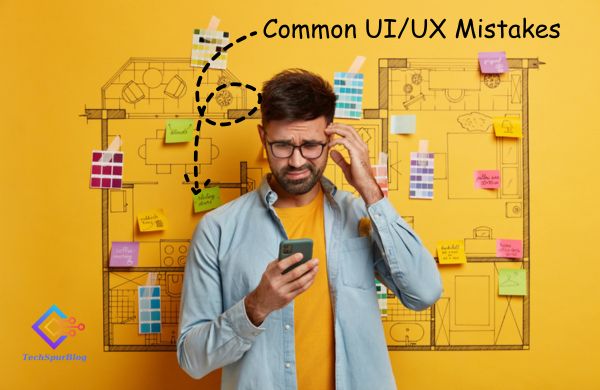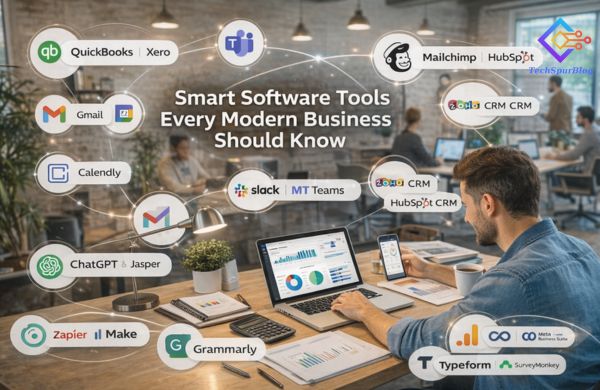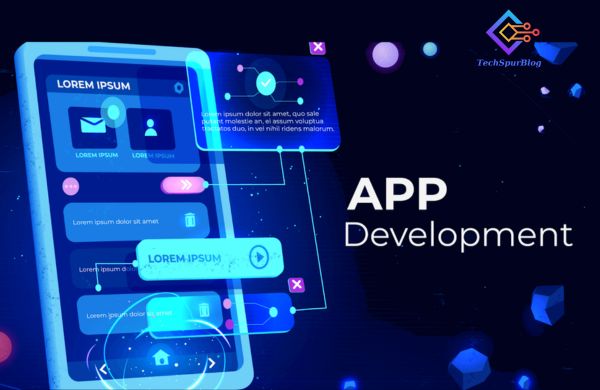As search engines evolve beyond traditional keyword matching into an AI-powered experience, SEO is no longer just about ranking on page one of Google—it’s about being the answer, the citation, and the source across AI tools, voice assistants, and generative platforms.
To thrive in this landscape, digital marketers and SEO professionals must understand four emerging concepts that are shaping the future of search:
-
AEO (Answer Engine Optimization)
-
AIO (AI Optimization)
-
GEO (Generative Engine Optimization)
-
LLMO (Large Language Model Optimization)
In this article, we break down each concept in detail, offering clear explanations, examples, and strategies—ideal for both beginners and experienced SEOs navigating the next chapter of organic visibility.
What is AEO – Answer Engine Optimization?
Definition:
Answer Engine Optimization is the practice of structuring your content so that it can be directly used by answer engines—tools like Google’s featured snippets, voice search results, or virtual assistants like Alexa and Siri.
These engines aim to give users instant answers, often without needing them to click on a website.
Why It Matters:
With growing usage of voice search and mobile assistants, being the source of the answer gives your site maximum visibility—even if it’s not the #1 organic result.
✅ AEO Best Practices:
-
Use FAQ sections on important pages.
-
Optimize content with question-based headings (e.g., “What is SEO?”)
-
Implement schema markup like
FAQPage,QAPage, orHowTo. -
Keep answers concise (40–60 words for snippets).
-
Target long-tail, informational keywords.
Example:
When someone searches, “What is digital marketing?”, the top result often comes from a page that gives a clear, concise answer formatted in a structured way. That’s AEO in action.
Also Read: The Difference Between International SEO and Local SEO
What is AIO – AI Optimization?
Definition:
AIO refers to the dual approach of:
-
Creating content that is AI-friendly
-
Using AI tools to assist SEO processes
It’s about aligning your content with the way AI search algorithms and AI-generated search results function.
Why It Matters:
AI is at the heart of modern search—from Google’s BERT and MUM to OpenAI’s ChatGPT and Bing’s Copilot. These tools analyze meaning, entities, and context—not just keywords.
✅ AIO Strategies:
-
Use tools like SurferSEO, Frase, or ChatGPT to craft SEO-rich content.
-
Focus on search intent and semantic SEO (related phrases, synonyms).
-
Build content around entities (specific people, places, concepts).
-
Maintain factual accuracy, which LLMs value for referencing.
Example:
Instead of repeating “SEO tools” 20 times, create a semantically rich paragraph discussing tools like Ahrefs, SEMrush, and Google Search Console, and explain how they’re used. This builds AI comprehension.
What is GEO – Generative Engine Optimization?
Definition:
GEO is a new SEO approach focused on how content is selected, summarized, and displayed in generative search experiences, such as:
-
Google’s SGE (Search Generative Experience)
-
Microsoft Bing with Copilot
-
AI chatbots with browsing capabilities
These systems generate answers using web content—but may not link to it unless you’re clearly authoritative and structured.
Why It Matters:
As Google continues testing SGE, more users will get AI-summarized answers at the top of search results. If your content isn’t built for AI engines, you risk losing visibility—even if your traditional SEO is strong.
✅ GEO Strategies:
-
Focus on topical authority—cover a topic in depth across multiple articles.
-
Use author bylines, E-E-A-T (Experience, Expertise, Authoritativeness, Trustworthiness).
-
Ensure fast load speeds, mobile-friendly pages, and clean formatting.
-
Publish original research or expert interviews—these get cited more often.
Example:
An article on “Best Digital Marketing Tools in 2025” that includes original comparisons, charts, and insights is more likely to be referenced in a generative AI summary.
Also Read: Global SEO: A Comprehensive Guide to International Search Success
What is LLMO – Large Language Model Optimization?
Definition:
LLMO is the strategy of making your content and brand more recognizable, usable, and trustworthy to large language models (LLMs) like:
-
OpenAI’s GPT-4 and GPT-5
-
Google Gemini
-
Anthropic’s Claude
-
Meta’s LLaMA
These models draw from millions of data sources, but they reference and paraphrase only the most credible and consistent content.
Why It Matters:
If your business is consistently mentioned across high-authority sources, and your site provides well-structured, fact-based content, LLMs are more likely to:
-
Use your info in responses
-
Suggest your brand in answers
-
Link to or mention your site via plugins/tools
✅ LLMO Tactics:
-
Create content with accurate citations and outbound links
-
Get mentions on high-authority domains (news, .edu, .gov)
-
Build a clear About Us page and author bios
-
Use structured data to help LLMs “understand” your site
Example:
If your brand is regularly cited in industry blogs, has a Wikipedia entry, or is referenced in interviews or research, it builds trust signals for LLMs—leading to higher inclusion in AI-generated responses.
Also Read: How To Optimize Local SEO for Multiple Locations
Final Thoughts: SEO is No Longer One-Size-Fits-All
Search has changed.
To rank well in the AI-first internet, your SEO strategy must evolve beyond just keywords and backlinks. By mastering AEO, AIO, GEO, and LLMO, you’re not just optimizing for Google, but for an entire ecosystem of smart tools, voice assistants, and generative AI platforms that influence how people discover information.
Quick Recap Table
| Acronym | Stands for | Target Optimization Channel | Key Focus |
|---|---|---|---|
| AEO | Answer Engine Optimization | Featured Snippets, Voice Search | Clear, structured answers |
| AIO | AI Optimization | AI search understanding + content tools | NLP, semantic SEO |
| GEO | Generative Engine Optimization | Google SGE, Bing Copilot | AI summaries, factual authority |
| LLMO | Large Language Model Opt. | GPT, Gemini, Claude | AI comprehension, brand trust |
What’s Next?
Want to implement these strategies on your website or business? Stay tuned to Tech Spur Blog for deep-dive tutorials on SEO in the age of AI.
Have questions? Drop them in the comments
